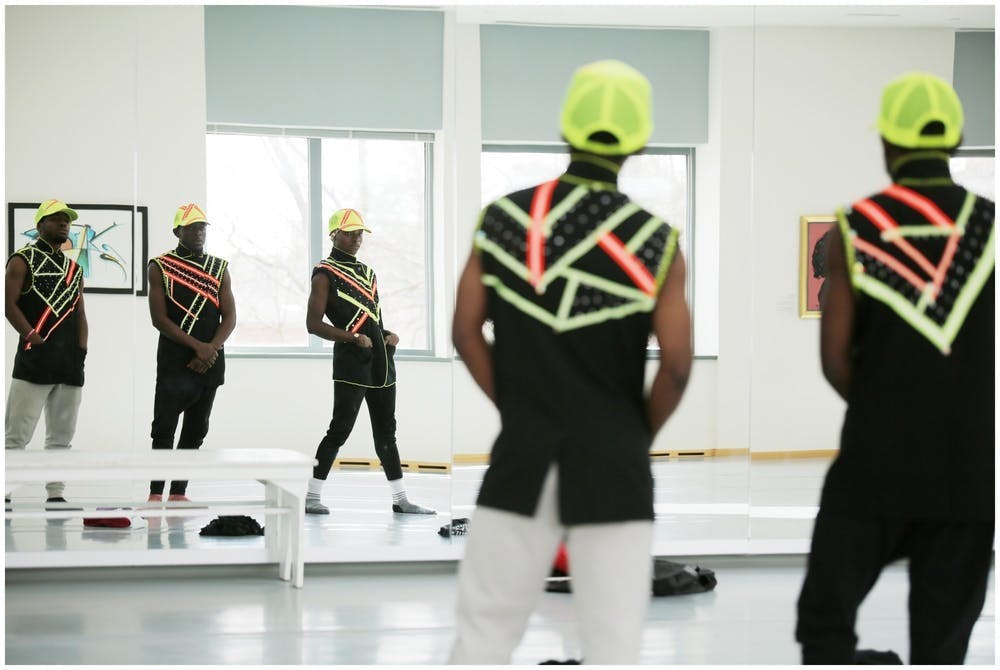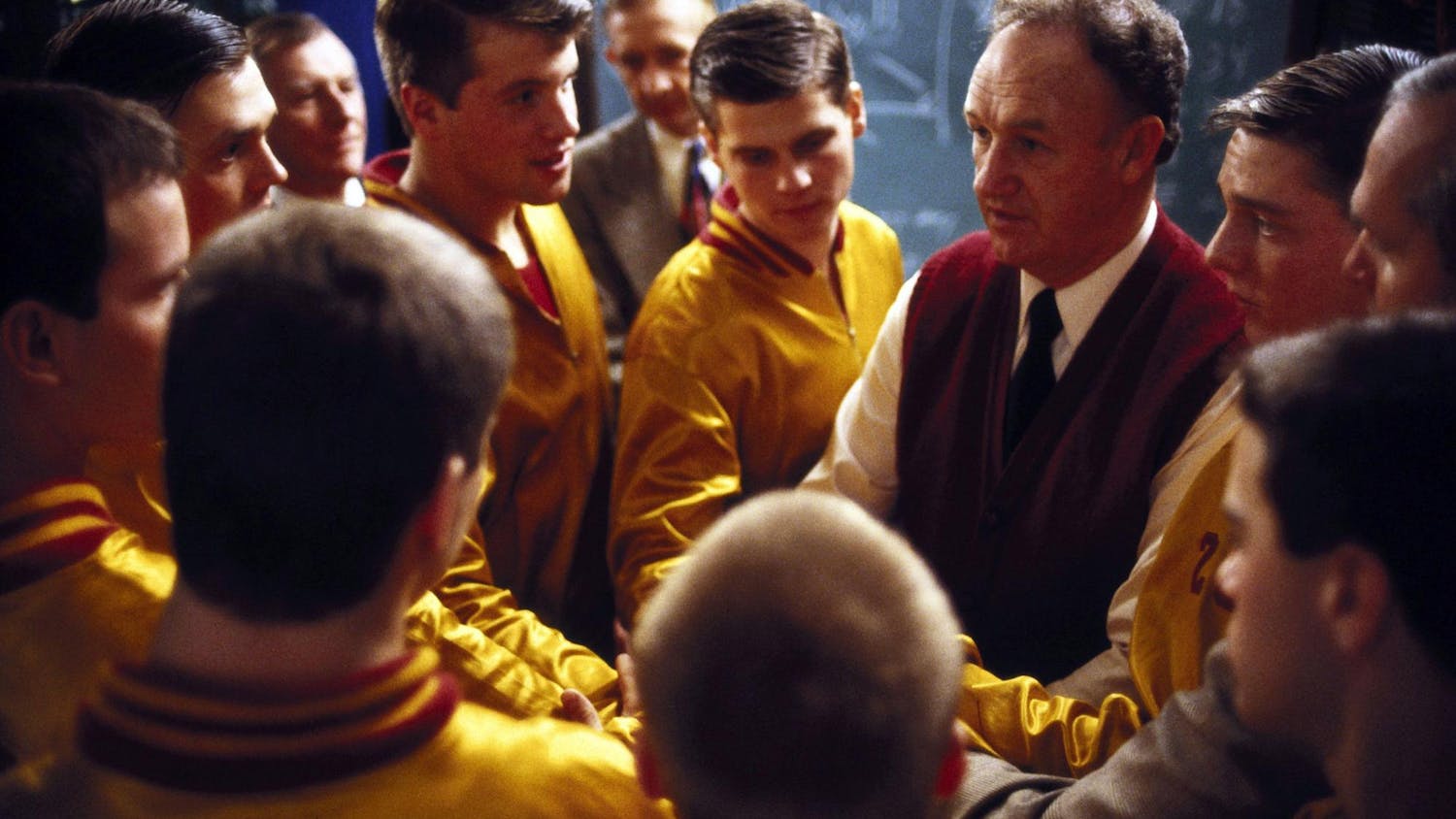The IU African American Dance company will conduct its 23rd annual Dance Workshop from March 19-20.
On March 19, a free Zoom panel moderated by current African American Dance Company director Stafford Berry Jr. and former director Iris Rosa will take place. The panel will highlight each instructor’s work and have a section for audience questions. March 20 will feature four virtual dance workshops conducted on Zoom. Admission price for the workshops is “pay what you can,” with a students’ range of $5–$25 and an adults’ range of $10-$30. Participants will have to pay at least the minimum amount, but can pay more in increments of $5.
“The annual dance workshop gives an opportunity to students, community members and even people across the state and nation to experience dance technique and dance expression from the perspective of the African diaspora,” Rosa said. “People who participate in the dance workshop could take classes and various techniques from contemporary modern to African dance and anything in between.”
Berry said he decided to implement the virtual “pay what you can” plan because he has been paying attention to the field of dance during the pandemic. While he said he thinks that art is valuable and you should pay something, he said he understands that people may be only able to pay the minimum amount.
“There's two ways that you can support art,”Berry said. “One is by showing up and two is by supporting it with your advocacy, and in particular with your financial backing.”
The dance workshop would normally be conducted in-person on campus. However, due to the COVID-19 pandemic all workshops will be virtual. Instructors will Zoom in from their respective homes or studios, Berry said.
There are four different classes this year. Instructor Danzel Thompson-Stout will teach a Freestyle House class, instructor Beatrice Capote will teach an Afro-Cuban class and Berry will teach a Western African class. Instructors Qarrianne Blayr and Quentin Apollovaughn Sledge will teach a contemporary class together.
Berry said in a normal year there are about four to five instructors who teach multiple classes, but this year each instructor will only teach one class.
Blayr is teaching a contemporary dance class alongside Sledge. She said she helps warm up the body and move across the floor and Sledge will create and teach a movement combo phrase.
Blayr said there are some challenges when teaching a virtual class. Instructors need to accommodate and make different options for dancer’s with different spaces and floors. Additionally, platforms like Zoom can have a lag and distort music, so Blayr said she typically uses music with no words and a simple beat.
“And you just need to be kind and gentle with yourself,” Blayr said. “This is a crazy time to be dancing in your home for such a long term.”
Planning the dance workshop as a virtual event had never been done before and was tough, Berry said. The dance company had to do a lot of pre planning and have a lot of conversations with the members of the dance company, the IU events planning group and the COVID-19 response team.
“There was a lot, but it is necessary work in order to keep the dance company and the staff safe and healthy,” Berry said.
Rosa said it is vital to have and maintain this workshop in a pandemic.
“It’s still very important to let people know that these instructors are very much engaged and wanting to connect with the community,” Rosa said. “It's also very important to hold the workshop now to continue the education and the exposure of dance from the perspective of the African diaspora, to let people know what the background is of these artists, and to continue the legacy of a dance workshop.”






